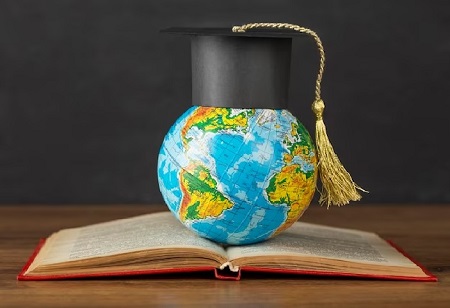The International Baccalaureate (IB), situated in Switzerland, declared to have witnessed notable growth in the last five years in India. It aims to enhance comprehensive education, a global outlook and a skill set which is highly recognized by international universities. The IB board claims to provide four programs to students aged three to nineteen years, namely the Primary Years Programme (PYP), Middle Years Programme (MYP), Diploma Programme (DP) and Career-Related Programme (CP), quoted by Haif Bannayan, global director, business development, IB. “Between 2019-2023, the count of authorised IB World Schools in India has increased by 31%. Presently, there are 226 IB World Schools spread across the country, delivering a combined total of 378 approved IB programmes. This consists of 138 schools providing PYP, 59 schools offering MYP, 155 schools delivering DP and 26 schools providing CP”, he said.
However, the accessibility of IB World Schools remains limited to metropolitan cities in India, including New Delhi, Gurugram, Mumbai, Kolkata, Bengaluru and Chennai. To ameliorate the affordability of IB Education countrywide, the Delhi Board of Secondary Education (DBSE), as part of Arvind Kejriwal’s educational reforms in Delhi, had entered into a Memorandum of Understanding with the IB to introduce such programmes in 30 government schools in Delhi in August 2021. It is expected that more schools will adopt this syllabus in the future.
As the educational envirnment in India undergoes constant changes, experts believe that schools across the country are increasingly welcoming one or more IB programmes for their students. IB asserts cooperation with Indian institutions and educational bodies to expand its framework to students from diverse backgrounds and regions. “Acknowledging the importance of the changing educational environment in India, we keenly anticipate ongoing dialogues with leaders to facilitate the delivery of a high-quality, globally-oriented education to an even large number of students”, Bannayan said.

